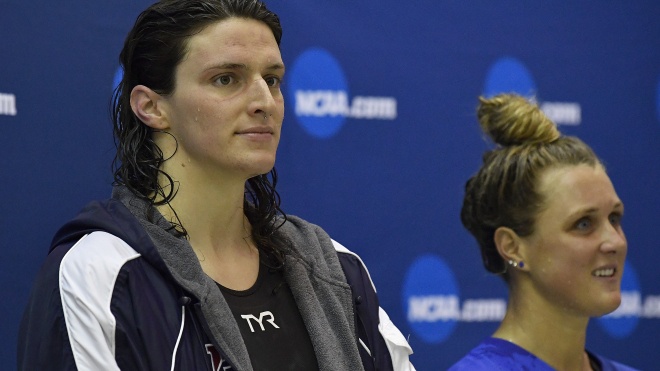The International Swimming Federation (Fina) has voted against transgender athletes from participating in womenʼs elite races unless they have completed their gender transition before the age of 12 (ie have already completed some part of the male puberty process).
It announced her decision on Sunday, June 19.
The new policy requires transgender people to complete their gender transition before the age of 12 to be able to compete in womenʼs competitions. Fina will also seek to establish an "open" category in competitions for swimmers whose gender identity differs from their gender at birth.
The new policy has been described as "only the first step towards the full inclusion" of transgender athletes.
"Finaʼs approach to policy development has been comprehensive, evidence-based and inclusive, and importantly, Finaʼs approach has emphasized competitive equity," said Brent Nowitzki, executive director of the governing body.
Fina President Hussein Al-Musallam said the organization is trying to protect the rights of athletes to participate in competitions, as well as to protect the fairness of the competition.
However, Athlete Ally, an LGBT advocacy group that issued a letter in February in support of transgender American swimmer Leah Thomas, called the new policy "discriminatory, harmful, unscientific and inconsistent with IOC 2021 principles."
"If we truly want to protect womenʼs sports, we must include all women," the group tweeted.
- In September 2021, the British Sports Council stated that transgender people have physical advantages, so some types of competition need to be made "fair". Currently, according to the guidelines of the International Olympic Committee, transgender athletes can compete as women, provided that their testosterone levels are below 10 nanomoles per liter of plasma for at least 12 months before the first competition. However, British researchers have found that suppressing testosterone does not deprive trans women of physical benefits in womenʼs sports. Therefore, it is impossible to guarantee the fairness of competitions in some sports.
